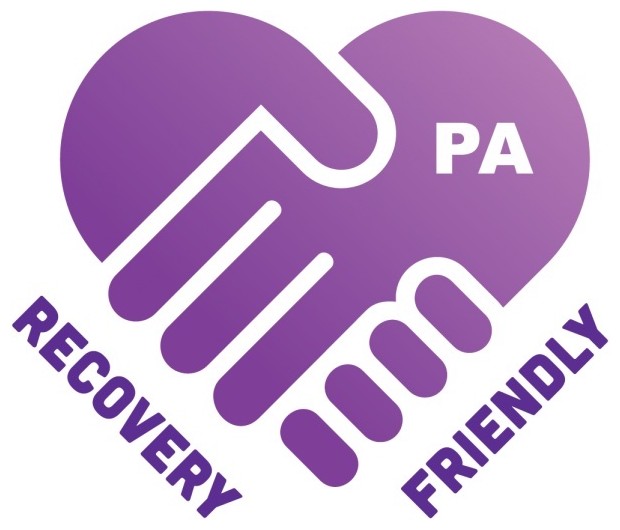In a world where physical health often takes the spotlight, mental health tends to lurk in the shadows, ignored or stigmatized. However, the significance of mental health awareness cannot be overstated. It’s not merely about recognizing and addressing mental illnesses; it’s about fostering a culture of understanding, empathy, and support for everyone’s psychological well-being.
Mental health encompasses our emotional, psychological, and social well-being. It affects how we think, feel, and act, influencing every aspect of our lives, from how we handle stress to how we form relationships and make decisions. Ignoring mental health concerns can lead to serious consequences, not only for individuals but for society as a whole.
One of the fundamental reasons why mental health awareness is crucial is its prevalence. Mental health issues affect millions of people worldwide, regardless of age, gender, ethnicity, or socioeconomic status. According to the World Health Organization (WHO), approximately one in four people will experience a mental health disorder at some point in their lives. These disorders range from depression and anxiety to schizophrenia and bipolar disorder. By raising awareness, we break the silence surrounding these conditions, encouraging individuals to seek help without fear of judgment or discrimination.
Moreover, mental health is intrinsically linked to physical health. Poor mental health can exacerbate physical health problems and vice versa. For instance, chronic stress can weaken the immune system, making individuals more susceptible to infections and diseases. Conversely, physical ailments or chronic pain can take a toll on one’s mental well-being, leading to depression, anxiety, or other psychological issues. By promoting mental health awareness, we promote holistic wellness, recognizing the interconnectedness of mind and body.
Another compelling reason to prioritize mental health awareness is its economic impact. Mental health disorders are a leading cause of disability worldwide, resulting in significant economic burdens due to healthcare costs, reduced productivity, and absenteeism from work or school. By investing in mental health awareness and support services, societies can mitigate these economic consequences while fostering healthier, more productive communities.
Furthermore, mental health awareness plays a vital role in destigmatizing mental illness. Too often, individuals facing mental health challenges suffer in silence due to fear of discrimination or misunderstanding. This stigma can prevent people from seeking help or disclosing their struggles to friends, family, or employers. By promoting open conversations about mental health, sharing personal stories, and challenging stereotypes, we create an environment of acceptance and support where everyone feels empowered to seek the assistance they need.
Education is key to fostering mental health awareness. By providing accurate information about mental health disorders, their symptoms, and available treatments, we empower individuals to recognize when they or someone they know may need help. Schools, workplaces, and communities can implement mental health education programs and resources to equip people with the knowledge and tools to support themselves and others effectively.
In conclusion, mental health awareness is not a luxury; it’s a necessity. It’s about recognizing the humanity in each of us, acknowledging that mental health is an integral part of overall well-being. By breaking the silence, promoting understanding, and fostering support networks, we can create a world where mental health is prioritized, stigma is eliminated, and everyone has the opportunity to thrive.





